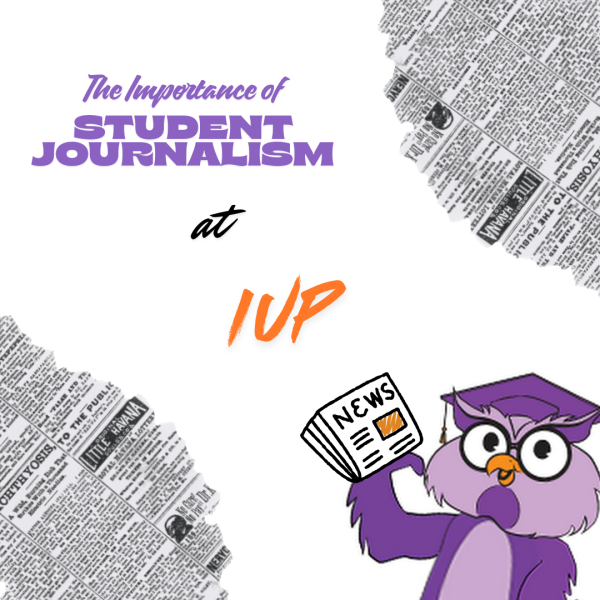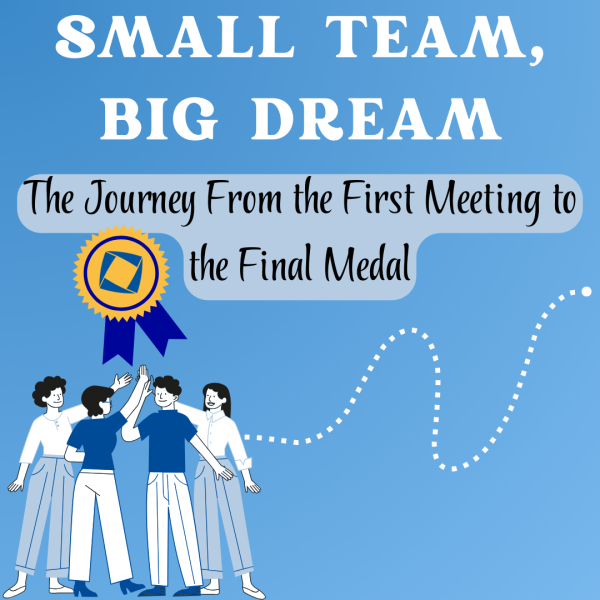THE AGE-OLD DEBATE: HOMEWORK
iUP students debate on whether homework should be abolished
Homework for Homeschoolers
First of all, we need to describe exactly what homework means to us, as online schoolers. Since we don’t have paper-sheet work to do late in the day, we need to find equal substitutions. The things probably most similar to homework for us would be extra projects besides lessons, their quizzes, and QuickQuizzes. This could include science experiments, or Open Owl Forums and FlightWrites. Even Kahoots can be considered homework! However, the main topic of this debate is: should homework be abolished?
How Does a Debate Work?
At the iUP Debate Club, the debate begins with a First Speaker who outlines the main arguments for the first team (Affirmative Team). Then, a First Speaker for the opposite team (Negative Team) outlines their main arguments and counter-argues against the first team. After that, a Second Speaker for the Affirmative team outlines their main arguments and counters against the First Speaker of the Negative team. Next, a Second Speaker for the Negative team states their main argument and counter-argues against the Second Speaker of the Affirmative team. A Third Speaker for the Affirmative team summarizes what the opposing team has said and why it is wrong, and summarizes what their own team has argued. Finally, the Third Speaker for the Negative team does the same as the other Third Speaker, closing the debate. In this debate, the Affirmative Team argued in favor of abolishing homework, while the Negative Team argued in favor of continuing homework.
First Affirmative Speaker
The First Affirmative Speaker was student Lauren Howe, who argued that homework can decrease social connections, which can impact mental health. Since she was the first Speaker to go, there were no counterarguments in her discussion.
First Negative Speaker
The first Negative Speaker was Erin O’Connell, who argued that while homework can decrease social interaction, it can also increase time management, which will help in the long run. Students who put the effort into doing homework will learn to manage time better, which can further help social interactions in future job opportunities. Erin concluded her argument saying that homework can help students with both educational and social connections.
Second Affirmative Speaker
For the Affirmative Team, Maryam Syeda was the Second Speaker. She argued that homework can create issues with mental and social health, and that everybody learns at their own pace. While homework is often put together with academic success, it does not mean that homework is the cause, Maryam argued, “Correlation is not causation.” She also specified that homework may cause people to cheat and plagiarize, which is not a good habit, and is actually illegal. If a student feels that they benefit from homework, there is still the chance to make homework optional for those who do not.
Second Negative Speaker
The Second Negative Speaker, Cheyenne Gilmore, countered this point by saying that students who see homework as optional will think other things are optional, although often important aspects of life are actually mandatory. She provided information that proved that people who had mandatory homework had better academic performance than students who did not.
Third Affirmative Speaker
The Third Speakers sum up the debate, as seen from the main points of the Affirmative Third Speaker, Dax Kane. He said that the other side argued that it should not be abolished because it increases time management skills, responsibility, and academic success. He pointed out that the Second Affirmative Speaker said that with increasing technology, it will be easy to cheat so it will not create responsibility. He finished by saying that there are other ways to increase time management skills, and that independence is not always reality, as there is often someone to get help from.
Third Negative Speaker
The Third Negative Speaker, Will Faulkenberry, wrapped up the debate. He argued that the First Affirmative Speaker said that homework can make someone have too much on their plate, and this is false because if you learn time management, it will help later in life and let you have social connections. Furthermore, the Second Affirmative Speaker had said that homework should be made optional because it could make people cheat or plagiarize, which Will argued was wrong because in real life most things are mandatory. He finished talking about the Affirmative Team by saying that the Third Affirmative Speaker said that homework is not necessary as students can learn in any way, and therefore was wrong because homework can actually help people master skills they need to brush up on. He finished by summarizing about the Negative Team’s main topics on time management and academically improving skills. At that, the debate arguments were concluded.
The Final Verdict
After the debate, everyone had a chance to vote on which topic they agreed with. Both teams had done amazing jobs with their arguments, and the first vote ended up 7-7. However, at a second try it was 9-7, with the Affirmative Team winning.
Owl’s Opinions
Here is what some of the other students at iUP think: Danny Hall says, “I don’t believe homework should be abolished completely. In the real world, sometimes we have to do things no matter what. They are mandatory, and they have to get done. I feel homework is a good practice for this, as it helps students learn about taking responsibility for work that has to be done. However, it is very clear that burnout is an issue amongst students, and the assignment of homework most of the time isn’t to help students actually learn, but it has rather gotten to the point where homework is just work meant to keep students busy. Although I think it would be rather foolish to completely get rid of homework, I think that there should be less homework for the sake of keeping students busy. Because of this, I feel that homework will have more value, and students will actually want to learn more and be more productive, while also being less burnt out.”
10th grader Marcus Bamber says, “Considering that my income is primarily based on helping people with their homework, being a tutor, I believe that it is quite important, not necessarily in the content, but the lessons that it can provide someone with. For example, one extremely valuable lesson that I believe that homework teaches is that the hard work does not stop after the allotted hours that you are given for it. After school, you still have to do schoolwork in a sense. Along with this, homework is definitely something that you get back the effort that you put into it. As I have seen with my pupils, if you go into detail and analyze where and why you are making mistakes, improvement will follow. Overall, I do think that having homework is a lot better than not having homework and if you can find an activity that you can obtain those lessons from but still learn something important, I would highly recommend pursuing that as well.”
Finally, Makenna Horne says, “Since students are already in school for 7 hours a day and have sports and extracurriculars in addition to that, I think that homework adds too much to students’ plates. I think that teachers should do their best to cover what needs to be learned during the school day and then if students would like additional practice or are struggling with a concept then the possibility of assigning homework can be discussed. For me personally, when I attended brick & mortar school, homework was a huge stressor and took away from my time for sleeping because I had a 4 hour practice right after school and didn’t have enough time to come home, shower, eat dinner, do homework, and go to sleep at a reasonable time.”
The final decision was that homework should be abolished in the debate club, but what are your thoughts? Carefully consider the arguments, and answer for yourself!

Hi! I am Will Faulkenberry, and I'm in 6th grade at iUP! This is my second year in iUP and second year in iHoot! I enjoy writing, reading, and doing experiments!...











